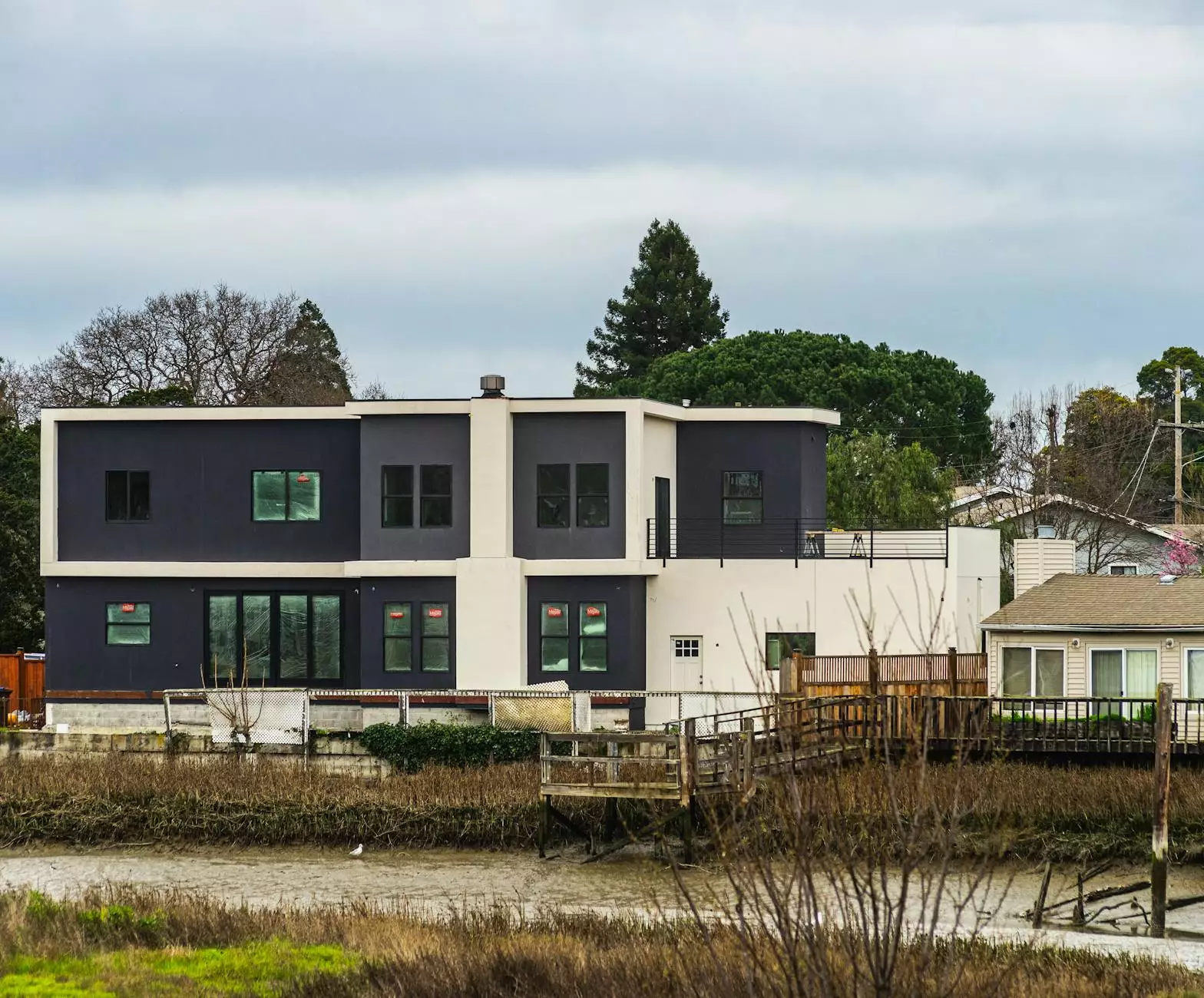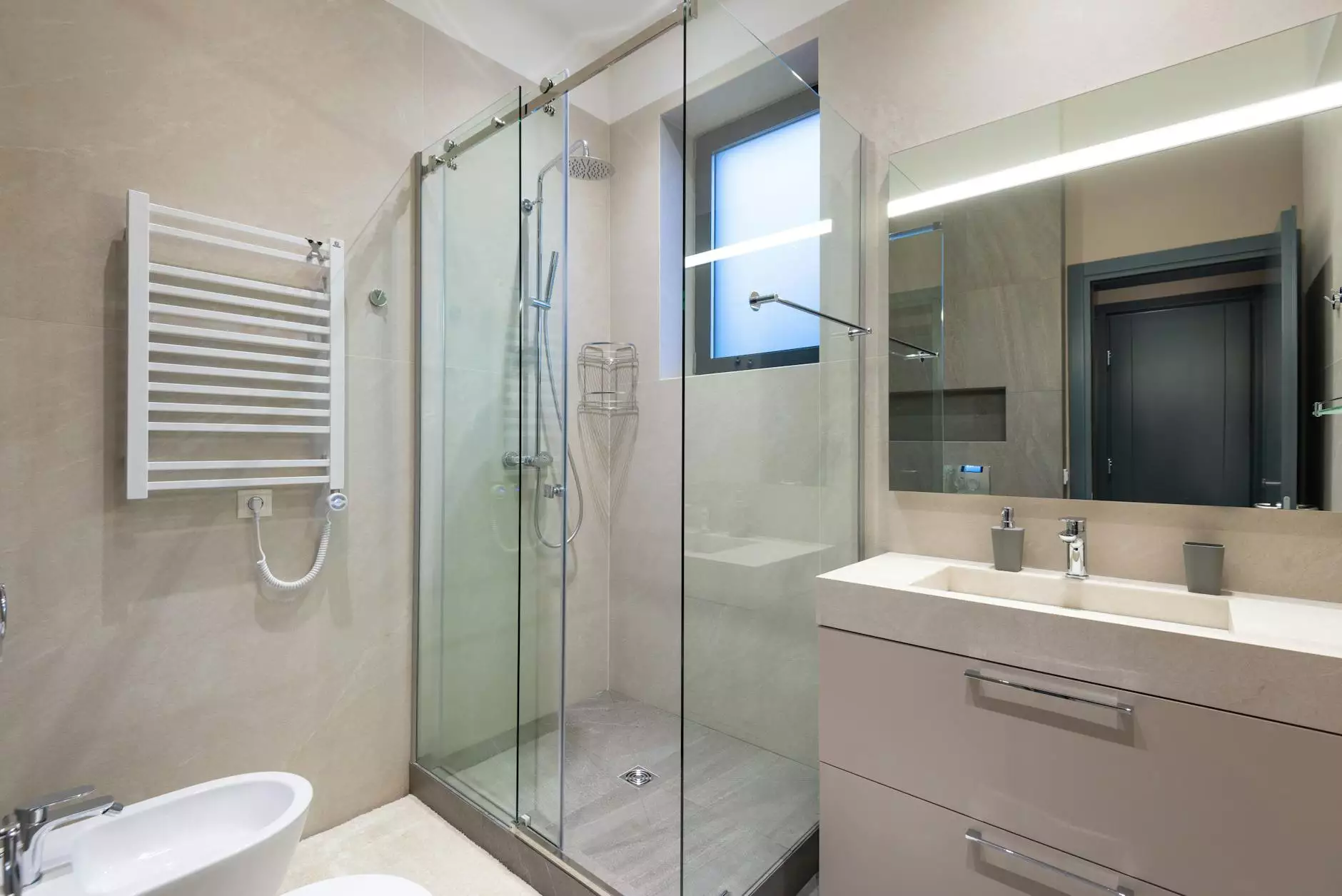The Comprehensive Guide to the Cost of Redoing Your Kitchen

When embarking on a kitchen renovation, it is essential to understand the cost of redoing your kitchen. A kitchen makeover not only enhances the functionality of your home but also increases its value significantly. In this article, we will explore various factors that directly influence the cost of your kitchen renovation and provide insightful tips to help you plan your project effectively.
Understanding the Basics
The first step in your renovation journey is to grasp the fundamentals of kitchen costs, which can fluctuate based on numerous factors. Here's a breakdown of the main aspects influencing your overall expenses:
- Size of the Kitchen - Larger kitchens generally require more materials, labor, and time, which directly impacts costs.
- Quality of Materials - Choosing high-end materials can elevate your kitchen’s aesthetic but will also increase the overall budget.
- Labor Costs - Hiring skilled professionals can be more expensive but ensures high-quality workmanship.
- Design Complexity - Unique designs may require custom work, increasing labor and materials costs.
The Breakdown of Costs
To give you a clearer idea of the investment involved, let's delve deeper into the specific costs associated with redoing your kitchen:
1. Cabinets: The Heart of Your Kitchen
Cabinets are not just storage solutions; they play a significant role in your kitchen's aesthetic. Here’s a price range based on quality:
- Stock Cabinets: $100 - $300 per linear foot.
- Semi-Custom Cabinets: $300 - $800 per linear foot.
- Custom Cabinets: $800+ per linear foot.
Investing in quality cabinets will enhance your kitchen’s appeal and durability. Tip: Always consider materials that can withstand wear and tear.
2. Countertops: Style Meets Functionality
Countertops are a critical element in your kitchen makeover. Depending on the material you choose, the costs can vary greatly:
- Laminate: $20 - $50 per square foot.
- Granite: $40 - $100 per square foot.
- Quartz: $50 - $150 per square foot.
- Marble: $50 - $125 per square foot.
While stunning, materials like quartz and marble can be pricier but offer unrivaled elegance and resilience.
3. Flooring: Foundation of Style
The flooring you choose can dramatically transform your kitchen's look. Here’s a cost overview:
- Vinyl Flooring: $2 - $7 per square foot.
- Tile Flooring: $5 - $15 per square foot.
- Hardwood Flooring: $8 - $15 per square foot.
Always factor in installation costs, which can range from $2 to $6 per square foot, depending on the material.
4. Appliances: Choose Wisely
Updating appliances can modernize your kitchen, but they can also be a significant part of your budget:
- Refrigerators: $500 - $3,000.
- Ovens: $400 - $2,000.
- Dishwashers: $300 - $1,500.
Consider energy-efficient models that might have a higher upfront cost but will save you money in the long run.
Labor Costs: The Unsung Component
Labor can account for a considerable portion of your cost of redoing your kitchen. Here are typical labor rates you might encounter:
- General Contractor: $50 - $150 per hour.
- Electricians: $70 - $120 per hour.
- Plumbers: $45 - $200 per hour.
Hiring professionals may seem like an extra expense, but their expertise ensures the job is done correctly.
Budgeting for Your Kitchen Renovation
Creating a realistic budget is crucial for a successful kitchen makeover. Here’s how you can structure your budget:
- Set a Maximum Budget: Decide on the upper limit you can afford.
- Allocate Funds: Break down your expenses per category (cabinetry, appliances, flooring, etc.).
- Contingency Fund: Set aside at least 10-20% of your budget for unexpected costs.
Stick to this budget to avoid over-spending, and always review it against actual expenditures throughout the project.
Maximizing Your Investment
To ensure you receive the best value for your investment, consider these expert tips:
- Research Materials: Investigate various materials and their longevity to choose wisely.
- Plan Your Layout: Functionality is key; think about the work triangle (sink, stove, and fridge).
- Consult Professionals: Engage with designers for innovative ideas and insights that can save money in the long run.
- Don’t Skimp on Lighting: Good lighting can improve both functionality and aesthetics.
DIY vs. Hiring Professionals
Deciding between DIY and hiring professionals is an essential part of planning your kitchen renovation.
DIY: Pros and Cons
Pros:
- Cost savings on labor.
- Personal satisfaction from completing the work yourself.
Cons:
- Potential for mistakes that could be costly to fix.
- Time-consuming, especially if you have a busy lifestyle.
Hiring Professionals: Pros and Cons
Pros:
- Expertise and experience lead to high-quality results.
- Time-efficient, allowing you to focus on other matters.
Cons:
- Higher overall costs due to labor expenses.
- Less hands-on control over design and execution.
Ultimately, your decision should be based on your own skill level, budget constraints, and time availability.
Conclusion: Your Kitchen Awaits
Understanding the cost of redoing your kitchen is crucial for planning a successful renovation. With a clear grasp of the factors involved, you can make informed decisions that align with your budget and vision. Whether you opt for a simple update or a complete overhaul, remember that your kitchen is not just a cooking space; it’s the heart of your home.
By following the guidelines presented in this article, you are equipped to embark on a kitchen renovation journey that enhances both your living experience and the value of your property. So, roll up your sleeves or consult the right professionals; your dream kitchen awaits!
cost of redoing kitchen


